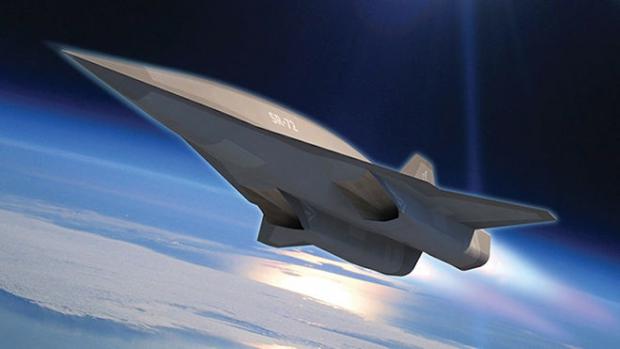
Breaking News
 Why Dual Engine Failure Changes Everything -- Louisville Crash Update
Why Dual Engine Failure Changes Everything -- Louisville Crash Update
 Transforming Storage Shelf / Workbench - Small Space Organization
Transforming Storage Shelf / Workbench - Small Space Organization
 Our 3-Step Strategy for a Stress-Free Pantry
Our 3-Step Strategy for a Stress-Free Pantry
 BEHIND THE DEEP STATE | The War on Farms
BEHIND THE DEEP STATE | The War on Farms
Top Tech News
 HUGE 32kWh LiFePO4 DIY Battery w/ 628Ah Cells! 90 Minute Build
HUGE 32kWh LiFePO4 DIY Battery w/ 628Ah Cells! 90 Minute Build
 What Has Bitcoin Become 17 Years After Satoshi Nakamoto Published The Whitepaper?
What Has Bitcoin Become 17 Years After Satoshi Nakamoto Published The Whitepaper?
 Japan just injected artificial blood into a human. No blood type needed. No refrigeration.
Japan just injected artificial blood into a human. No blood type needed. No refrigeration.
 The 6 Best LLM Tools To Run Models Locally
The 6 Best LLM Tools To Run Models Locally
 Testing My First Sodium-Ion Solar Battery
Testing My First Sodium-Ion Solar Battery
 A man once paralyzed from the waist down now stands on his own, not with machines or wires,...
A man once paralyzed from the waist down now stands on his own, not with machines or wires,...
 Review: Thumb-sized thermal camera turns your phone into a smart tool
Review: Thumb-sized thermal camera turns your phone into a smart tool
 Army To Bring Nuclear Microreactors To Its Bases By 2028
Army To Bring Nuclear Microreactors To Its Bases By 2028
 Nissan Says It's On Track For Solid-State Batteries That Double EV Range By 2028
Nissan Says It's On Track For Solid-State Batteries That Double EV Range By 2028
Hypersonic Flight Is Coming: Will the US Lead the Way?

"What's exciting about aerospace today is that we are in a point here where suddenly, things are happening all across the board in areas that just haven't been happening for quite a while," said former U.S. Air Force Maj. Gen. Curtis M. Bedke.
"There was a period where engine technology had just sort of stagnated — a point where all materials technology was going along at about the same pace," Bedke added. "There just wasn't much happening. But suddenly, in all sorts of areas that apply to aerospace, things are happening."
Bedke was one of five panelists to speak Oct. 27 at the Forum on American Aeronautics here at the Mojave Air and Space Port. Sponsored by the House Committee on Science, Space, and Technology, the forum was hosted by committee chairman Lamar Smith, R-Texas, and member Steve Knight, R-Calif. Bedke, Smith and Knight were joined by David McBride, director of NASA's Armstrong Flight Research Center in California, and Craig Johnson, director of business strategy and development for Lockheed Martin's Skunk Works. Former Mojave Air and Space Port CEO Stu Witt moderated.

 Carbon based computers that run on iron
Carbon based computers that run on iron

